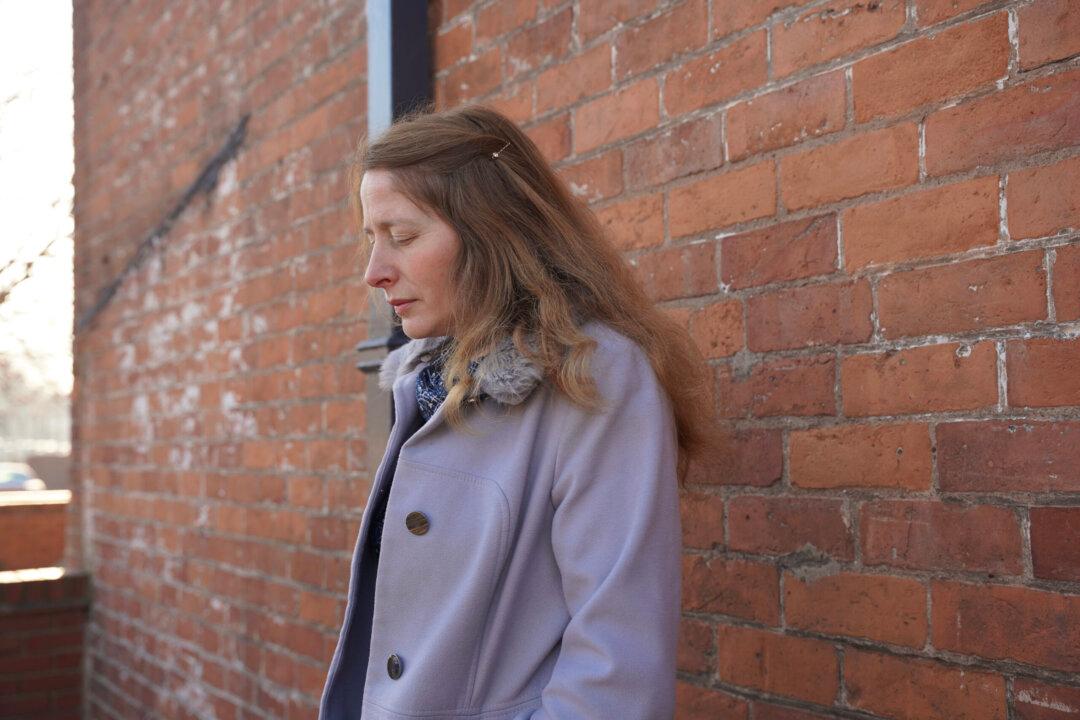Silent prayer around abortion clinics in England and Wales is not an offence under the Public Order Act 2023, the Home Office said on Monday.
In a draft guidance on enforcing the new buffer zone law, the Home Office said prayers shouldn’t be automatically considered unlawful, and that silent prayer isn’t unlawful “under any circumstances” unless the person’s “conduct is also intrusive.”





